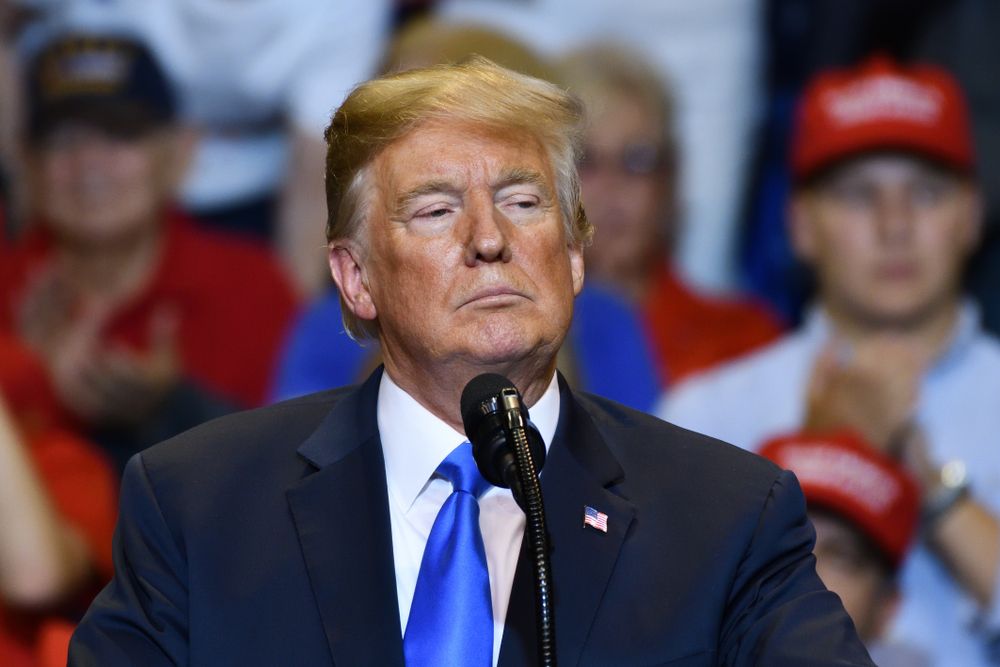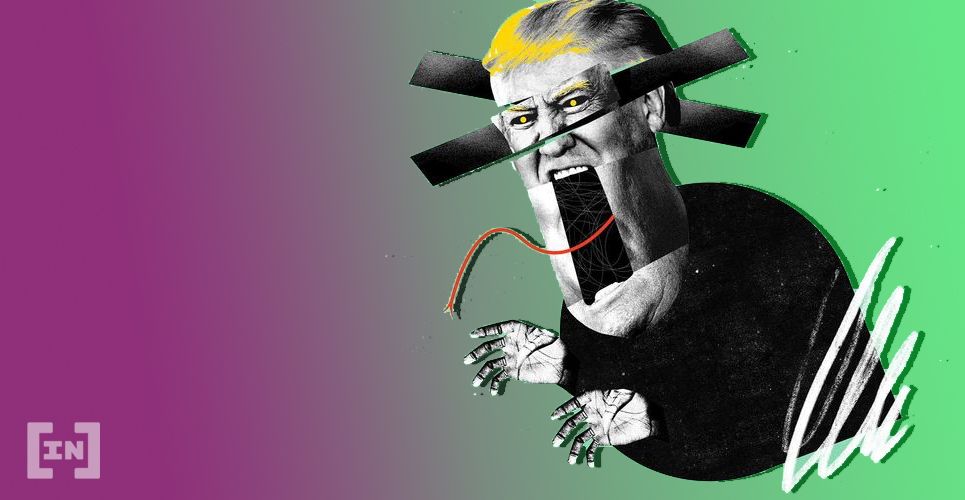US President Donald Trump announced Friday his administration is considering imposing tariffs on Mexican imports as high as 5 percent. The news sent equities markets into a tumble and cut the value of the peso against the dollar by 2 percent almost immediately.
In spite of overwhelmingly low support among his own advisors, the President stated that illegal immigration needed to be dealt with, or penalties would ensue. Even among Republican lawmakers, many felt the President had ‘gone rogue’ with the announcement.

Economist Consensus on Tariffs
A number of widely known economists weighed in on the announcement, and few had points of praise. For example, Mary Lovely, a Syracuse University economics professor, stated that enforcing the tariffs would hurt US businesses.
This is another attack on supply chains. This is really going to hurt American businesses who use Mexico to reduce their costs and stay competitive with European and Asia.
Others agreed, stating that the move would have impacts on the US-China trade war as well.
While not wholly negative, Rob Carnell, Asia-Pacific head of research at ING Bank, made clear that the message being sent was hardline.
Still, others made it clear that the impact on the equities markets would be negative. For example, Shane Oliver, chief economist at AMP Capital, stated that the President may face corporate backlash and pressure.

Decentralizing Politics
Interestingly, the impact of Trump’s hardline stance on tariffs only draws further attention to the centralization problem in the US economy. When lawmakers are able to use economic sanctions and manipulation as tools to achieve political ends, the economy is at the mercy of the government.
Such a system begs the question as to whether governments should have such massive control over economies. Bitcoin creator Satoshi Nakamoto felt that the links between economics and politics were dangerous.
Bitcoin offers an apolitical alternative. By removing barriers in centralized payment options, Bitcoin provides a method for peer-to-peer payments that circumvent political maneuvering.
Do you think Bitcoin is the answer to global political posturing? Will Bitcoin eventually become just another tool for political expediency? Let us know your thoughts in the comments below!
